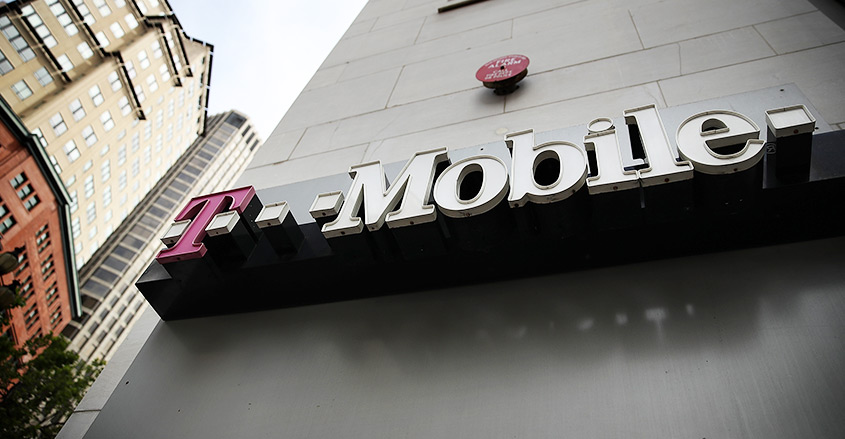T-Mobile, the No. 3 wireless carrier in the United States at 70.7 million customers, has been quietly hiring respected cryptocurrency developers since last summer.
Now the company appears poised to announce a blockchain project that could put the carrier in competition with much larger cloud computing players such as Google and Amazon and, not incidentally, positively affect its stock price.
One of T-Mobile’s first projects is Hyperledger Sawtooth 1.0, an open-source, distributed ledger product for on-chain governance which lets members adjust the rules on the fly through dynamic agreement.
The technology promises advanced transaction execution, in parallel and with support for multiple languages and Ethereum.
T-Mobile, Intel, Huawei and Cisco are among the project’s corporate sponsors, but there are 54 contributors across 18 organizations.
Chris Spanton, the senior architect of T-Mobile’s Hyper Directory, a blockchain proof-of-concept (PoC) launched in November, told reporters that several milestones are in the works for the second and third quarters in 2018.
All of those projects are also open source. Hyper Directory, for instance, uses Hyperledger Sawtooth to control who gets access to which T-Mobile cloud-based solutions, a process called identity and access management, or IAM.
Spanton was a speaker at Amazon’s Re:Invent event in Las Vegas in December, talking about how blockchain can improve security and cut costs for enterprises.
“Creating Hyper Directory solved core IAM use cases we had in our cloud infrastructure, and building it as a blockchain solution provided unique opportunities to push forward our deep technical expertise,” he said.
A closer look at some of the publicly available information on Hyper Directory provides some valuable insight into how it might fit into T-Mobile’s big picture.
Writing online about Hyper Directory, Spanton described the project this way,
There were “several unique pain points” pushing T-Mobile scale its cloud solutions to large enterprises, he explained.
“Specifically, the directory is being designed to address concerns over who has access to do what in the cloud, when those permissions are active, who grants those permissions and how this can all be done without increasing complexity.
“How do we solve the ‘who is watching the watchers’ problem of auditing change management?”
Competing with Google, Amazon
Spanton then went on to describe a system of smart contracts that approves and distributes permissions via an API layer on top of the Hyperledger Sawtooth blockchain.
Originally the Hyper Directory was designed with the company’s open-source Jazz platform, meant to develop cloud computing platforms without the need of a centralized server.
If successful, the open source work could make T-Mobile a direct competitor to Amazon, Microsoft, and Google’s cloud services products in a nearly $500 billion market.
There are even rumors of a possible ICO between partners to fund a global open source project, including Comcast and British Telecommunications PLC, along with Scandinavian telecommunications giant Telenor.
T-Mobile invested than $12 billion last year in research and development. If it succeeds in creating an open-source cloud services product, that could mean a major increase in the carrier’s customer base.


